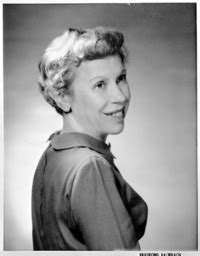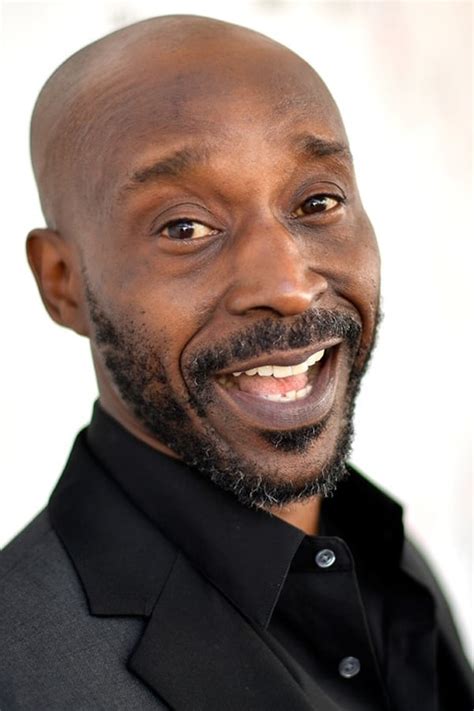A Quote by W. H. Auden
A poor American feels guilty at being poor, but less guilty than an American rentier who has inherited wealth but is doing nothingto increase it; what can the latter do but take to drink and psychoanalysis?
Related Quotes
America is the wealthiest nation on Earth, but its people are mainly poor, and poor Americans are urged to hate themselves... It is in fact a crime for an American to be poor, even though America is a nation of poor. Every other nation has folk traditions of men who were poor but extremely wise and virtuous, and therefore more estimable than anyone with power and gold. No such tales are told by American poor. They mock themselves and glorify their betters.
I'm not guilty. You're the one that's guilty. The lawmakers, the politicians, the Colombian drug lords, all you who lobby against making drugs legal. Just like you did with alcohol during Prohibition. You're the one who's guilty. I mean, c'mon, let's kick the ballistics here: ain't no Uzi's made in Harlem. Not one of us in here owns a poppy field. This thing is bigger than Nino Brown. This is big business. This is the American way.
I get guilty when I spend money on silly things like clothes and stuff. Having experienced a completely different extreme of wealth, and I don't mean me being poor or rich, I mean knowing that 40 quid that gets spent on a pair of shoes could go a long way for a family in Georgia for a week or even a month, having experienced that, you're a bit more [guilty].
It is easy to say that there are the rich and the poor, and so something should be done. But in history, there are always the rich and the poor. If the poor were not as poor, we would still call them the poor. I mean, whoever has less can be called the poor. You will always have the 10% that have less and the 10% that have the most.
Between 2013 and 2015, the wealthiest 14 people saw their wealth increase by $157 billion. This is their wealth increase, got it? Not what they are worth. Increase. That $157 billion is more wealth than is owned by the bottom 40 percent of the American people. One family, the Walton family, owns more wealth than the bottom 40 percent.
In comparative terms, there's no poverty in America by a long shot. Heritage Foundation political scientist Robert Rector has worked up figures showing that when the official U.S. measure of poverty was developed in 1963, a poor American family had an income twenty-nine times greater than the average per capita income in the rest of the world. An individual American could make more money than 93 percent of the other people on the planet and still be considered poor.






































